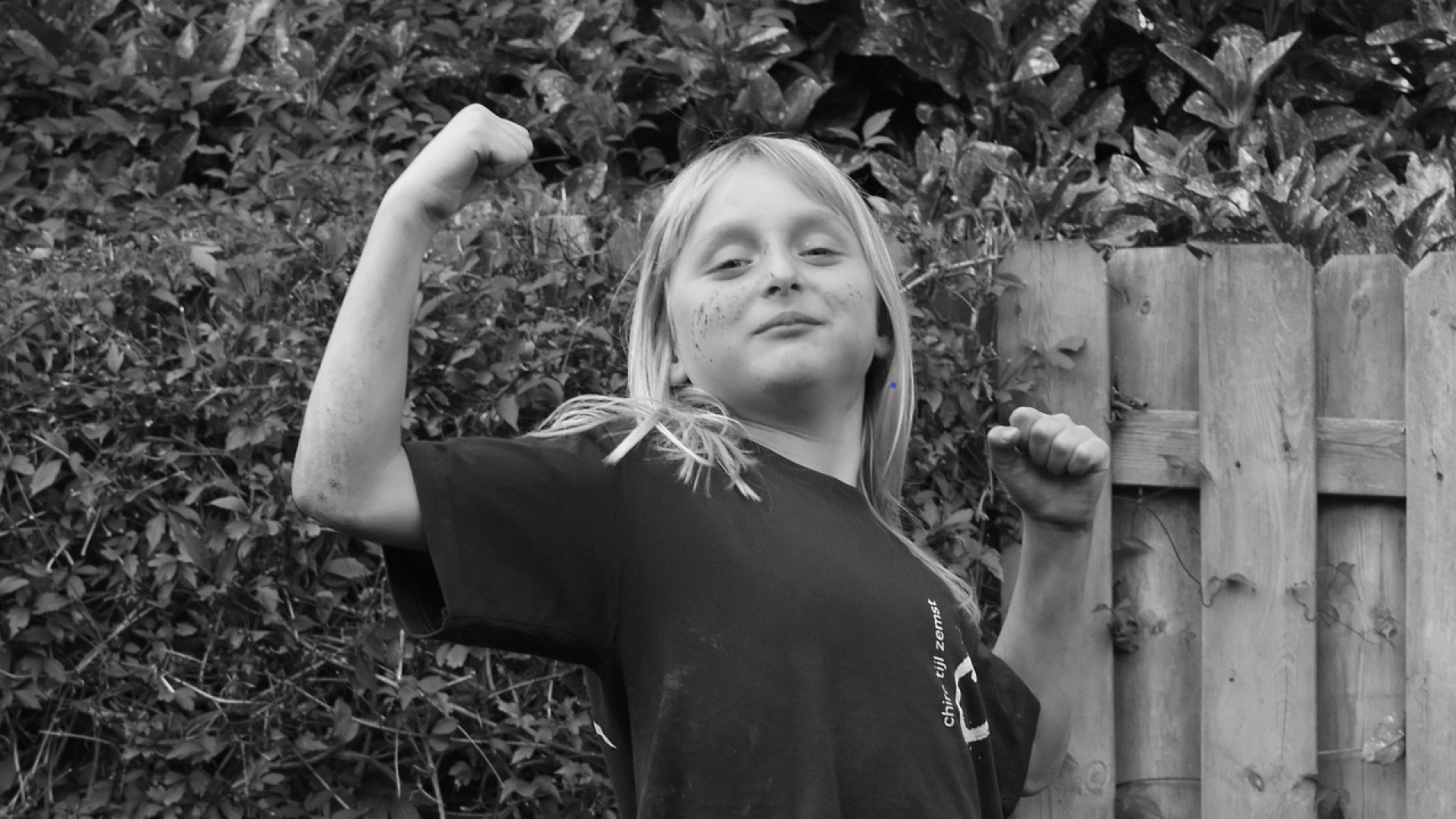Building Self-Confidence: Trusting Yourself to Succeed
Self-confidence means having trust in your own abilities, believing that you can succeed in whatever you set out to do. It is not about thinking you are perfect or that you will never make mistakes. Instead, self-confidence is the steady belief that you can learn, grow, and overcome challenges, even when things don’t go as planned. Self-confidence plays an important role in your success in school, your social life, and your personal growth. It helps you face new challenges without being held back by fear or doubt.
When you are confident, you can step out of your comfort zone and take risks that lead to exciting opportunities. Imagine how it feels to approach a difficult math problem with the belief that, even if you don’t solve it right away, you can work through it with patience and persistence. This is the power of self-confidence; it’s an attitude that pushes you to do your best without letting the fear of failure stop you. Self-confidence encourages you to speak up in class, participate in group projects, or volunteer to lead a presentation. By trusting in your ability to contribute, you become more active in learning, and this strengthens your understanding and skills over time.
One great example of self-confidence is when you raise your hand in class to share your opinion or ask questions. Maybe you are worried that your classmates will disagree, or perhaps you feel uncertain about whether your question is a good one. However, by choosing to speak up, you demonstrate that you believe your ideas are valuable and worth sharing. This is a big step in building confidence because it shows that you are willing to take risks to learn and grow. Each time you speak up, you reinforce that you have something important to say, and you also encourage others to do the same. Over time, you become more comfortable expressing yourself, and your confidence continues to grow.
Another powerful way to build self-confidence is by trying out for a school sports team, a club, or a school play. Stepping up for these activities, even if you feel nervous or unsure, is a sign that you believe in your ability to succeed or learn from the experience. Maybe you don’t feel like the best soccer player or the strongest actor. That’s okay because the goal is not to be perfect right from the start. By trying something new, you allow yourself to make mistakes, learn from them, and gradually improve. Each time you practice or perform, you become more skilled and sure of yourself, which boosts your confidence. These experiences help you see that taking a chance can lead to growth, fun, and sometimes even success.
Confidence also allows you to take responsibility for your choices, which is essential as you grow older and take on more challenges. When you trust yourself, you’re better able to make decisions, set goals, and work toward them even if the journey gets tough. Self-confidence doesn’t mean that everything will be easy; it just means that you know you have what it takes to handle whatever comes your way. With this mindset, you’re more likely to take initiative, whether it’s applying for a job, joining a new club, or even making new friends.
Developing self-confidence is a gradual process that takes time, patience, and practice. It grows each time you accomplish something, overcome a challenge, or learn from a mistake. So next time you feel a bit unsure or nervous, remember that these are just steps on the path to becoming more confident. The more you believe in yourself, the more you can achieve, opening doors to exciting possibilities for your future.

